People
Research team
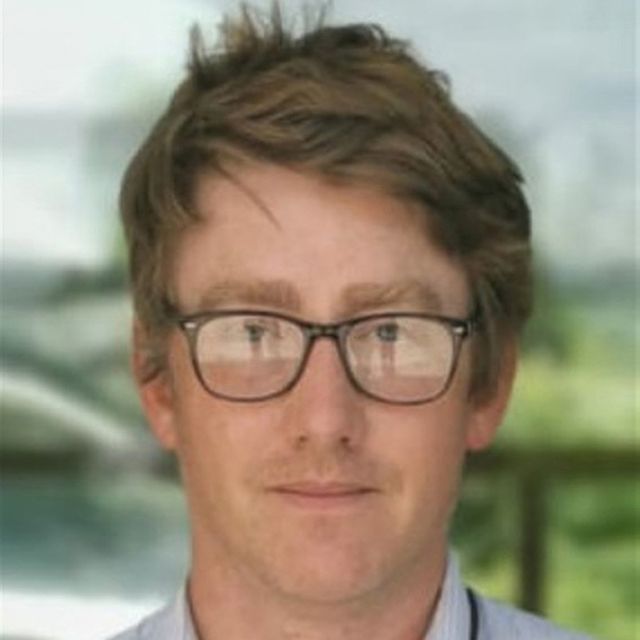
Mark Thurston
Dr Mark Thurston is a consultant musculoskeletal radiologist at University Hospitals Plymouth NHS Trust (UHPNT) and Clinical Lecturer at University of Plymouth (UoP). His research interests focus on the medical imaging applications of computer vision techniques. He has published numerous peer-reviewed publications on categorisation of medical imaging investigations including CT, X-rays and nuclear medicine scans. He is a member of the National Institute of Health Research (NIHR) imaging group.

Stephen Mullin
Dr Stephen Mullin is Associate Professor of Neurology at UoP and Consultant Neurologist at UHPNT. Much of his research career has been spent predicting and stratifying risk of Parkinson’s disease using clinical and genomic biomarkers. His work now focuses on risk stratification and early diagnosis neurological diseases based on routinely collected data, including an UKRI MRC supported project which aims to stratify future risk of stroke. He is a member of the Health Research Authority Confidentiality Advisory Group (CAG) and the NIHR Health Technology Assessment Advisory Group. He is the UoP Faculty of Health lead for the group.
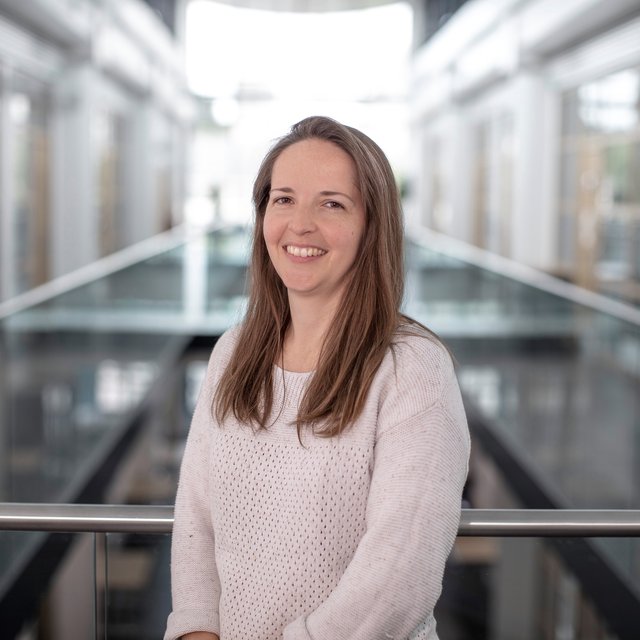
Ellie Edlmann
Dr Ellie Edlmann, FRCS Neurosurgery, PhD is a consultant neurosurgeon and associate professor of neurosurgery at UoP. She has extensive experience in designing and running clinical trials across a range of neurosurgical conditions, including trauma, chronic subdural haematoma and infection. An essential part of her research has involved developing public and patient engagement strategies and groups. She also has a passion for neuro-oncology and supporting patient rehabilitation following brain tumour treatment.
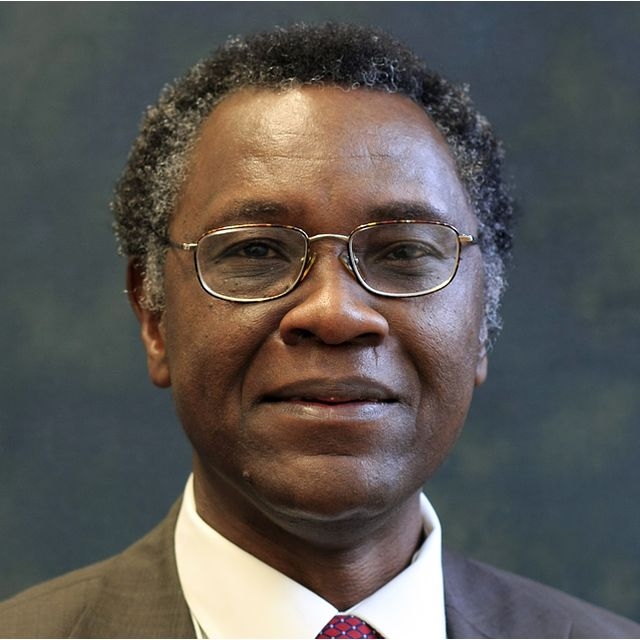
Emmanuel Ifeachor
Emmanuel Ifeachor is a Professor of Intelligent Electronic Systems at the UoP. He is an electronics and biomedical engineer and a computer scientist. His primary research interests and expertise are in the development of Artificial Intelligence (AI) and signal processing techniques and their applications in disease detection, diagnosis and decision support. He has published extensively in these areas. His current research focus involves the development of deep learning and explainable AI methods to detect key changes in routine data for predictive and personalized care in Parkinson, dementia, brain tumour, stroke, tuberculosis and autism. Professor Ifeachor is also a member of the Big Data Group and Nanotechnology and Electronics Research Group at UoP.

Megan Courtman
Dr Megan Courtman is a data scientist interested in using explainable AI to solve problems in healthcare. Much of her work focuses on building computer vision models for medical imaging classification. She has won the Association of British Neurologists prize for best poster and the UoP Three Minute Thesis competition. She is a member of the Involvement Steering Group at Parkinson's UK, which provides support for the organisation's patient and public involvement (PPI) programme.
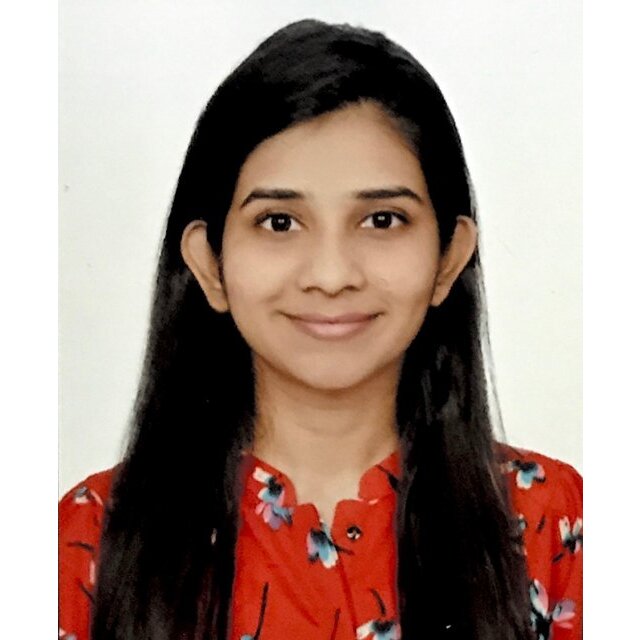
Aishwarya Kasabe
Aishwarya is a dedicated Data Scientist and a PhD student at the University of Plymouth, where she passionately delves into the world of medical studies. Her ongoing research journey is centered around the crucial realm of future stroke prediction and prevention, leveraging the power of Explainable Artificial Intelligence applied to routine data. With a strong commitment to harnessing the potential of AI and Machine Learning, her research interests align with the profound impact these technologies can have on medical analysis and healthcare, ultimately striving to make a meaningful contribution to society's well-being.
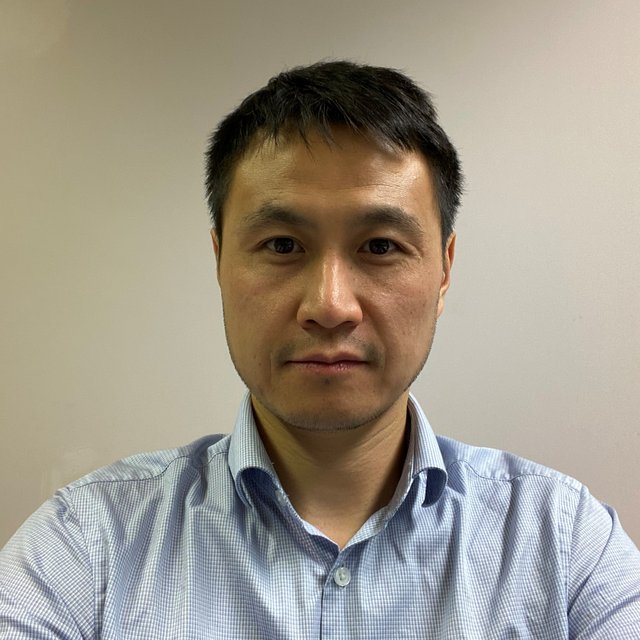
Hongrui Wang
Dr Hongrui Wang PhD is a data scientist with background of mathematics and statistics. He is a skilled software engineer. He is particularly interested in data management, visulization, analysis and modelling for healthcare and development of relevent tools. He has been instrumental in developing the data pipeline software for anonymising DICOM image data.
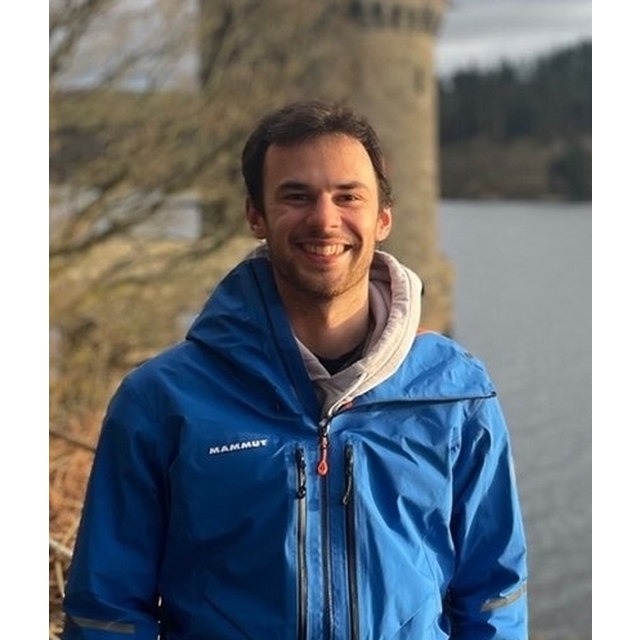
William Heseltine-Carp
Dr William Heseltine-Carp is an NIHR Academic Clinical Fellow in neurology at University Hospitals Plymouth NHS Trust (UHPNT). His previous research has focused on the roles of neuro-inflammation in functional neurological disorders. His work now focuses on a UKRI MRC approved project in using machine learning to predict the future risk of stroke, from routinely collected hospital data.

Adam Streeter
As a Biostatistician working in clinical trials and studies based on pseudonymised electronic patient records, in Plymouth and in Münster, Adam Streeter’s focus has been on best practice in data protection and utilising available data to maximise their benefit to the patient. As a chief investigator on his own study (STOPFlu), he incorporated patient-public involvement into the research team. Having worked previously with Stephen Mullin and his team, Adam is keen to contribute to their ground-breaking research for predicting, and ultimately preventing, strokes. He brings with him experience in handling electronic health data and in their statistical analysis.

Galaleldin Abdelhalim
Dr Abdelhalim is a Clinical Radiology Speciality Trainee at University Hospitals Plymouth NHS Trust (UHPNT). He is interested in neuroimaging and the applications of machine learning to medical imaging. He is also interested in research relevant to evidence-based practice in interventional radiology.

Dan Browning
Daniel Browning is a Senior Physician Associate and Nurse Prescriber working in Neurology and Acute Stroke at University Hospitals Plymouth NHS Trust (UHPNT). He is interested in primary and secondary prevention of stroke with current experience of working within a hyperacute stroke unit as well as prior experience with acute coronary syndromes.
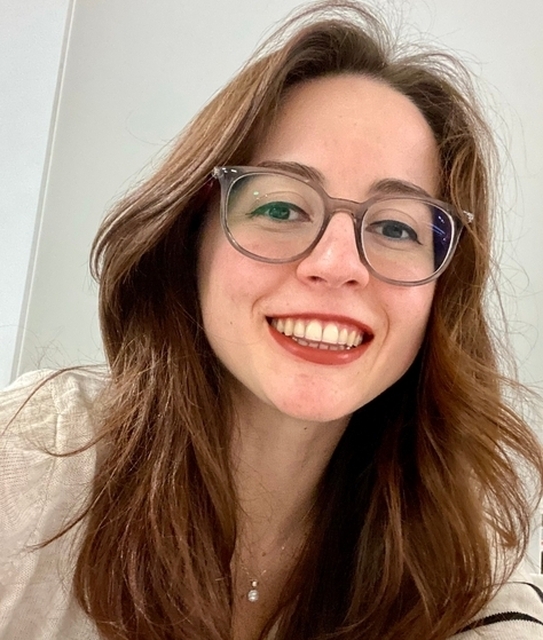
Cansel Keskin
Cansel Keskin, a medical graduate, currently works as a cardiographer within the Cardiology Department at University Hospitals Plymouth NHS Trust (UHPNT). Collaborating closely with professionals in the field, she has developed a keen interest in ECG analysis and interpretation. Alongside her research endeavors, Cansel actively engages in hospital-based teaching, emphasizing ECG analysis and interpretation.
Key collaborators

Michael Allen
Mike is a Senior Research Fellow in Applied Healthcare Modelling and Data Science in the University of Exeter Medical School. After nearly 20 years in Pharma R&D Drug Discovery, he switched to academia to focus on research that maximises NHS benefits from new treatments. He has a life-long interest in combining biomedical and computer sciences, and believes we're now living in the age that he so looked forward to - where computer science ('AI') is matching biomedical science in what it can offer to medicine. Currently his work mostly involves looking at variation in healthcare between hospitals, looking at what different hospitals do differently, and how that affects patient outcomes. He uses modelling and AI to ask the question "What would happen if my patient went to another hospital? What would they do, and what would the patient outcome be?"
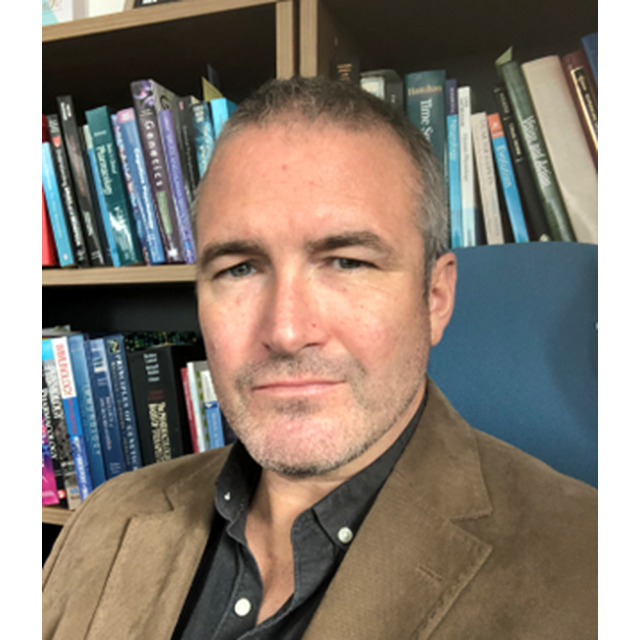
Stephen Hall
Stephen is Professor in Human Neuroimaging, with a research focus on the application of multimodal neural measurement approaches to determine the brain mechanisms of cognitive and behavioural function in health and disease. Stephen’s research career has focussed on developing and integrating anatomical, physiological, and pharmacological approaches to measure and manipulate neural networks. To advance capability in this field of research, he recently developed and established the Brain Research & Imaging Centre (BRIC), a state-of-the-art research facility with cutting-edge human neuroscience research capability, where he is currently the director.
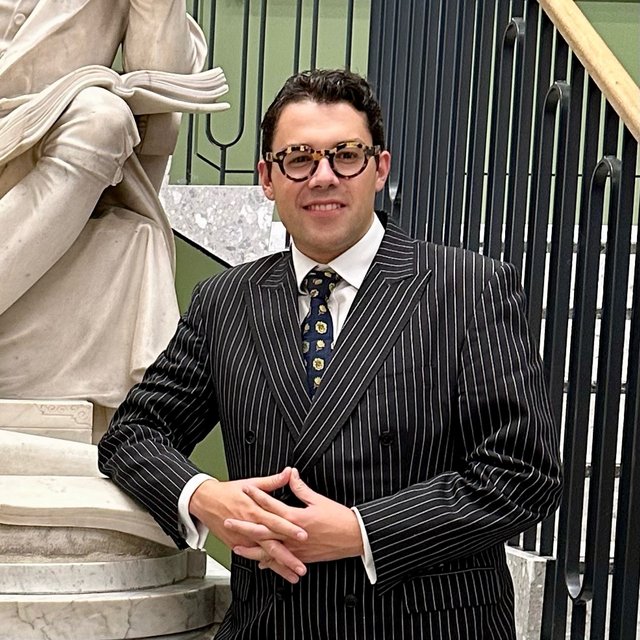
Damjan Veljanoski
Mr Damjan Veljanoski AFHEA BSc (Hons) MBBS MRCS is an NIHR Academic Clinical Fellow at the UoP and Specialty Trainee (NTN) in Neurosurgery at the UHPNT South West Neurosurgery Centre. He is developing a radiomics pipeline that applies machine learning techniques to the pre-operative MRI scans of patients with brain tumours. Predicting the biological tumour characteristics from imaging has the potential to risk-stratify patients and guide treatment decisions. He has completed an MSc module in Advanced Machine Learning and has attended a leading, international radiomics workshop.

Holly Roy
Dr Holly Roy is an NIHR clinical lecturer in neurosurgery. During her DPhil she used different modalities including MRI and local field potential recordings to study the neural control of the bladder. She is interested in the role of AI in diagnosing cauda equina syndrome. She is also working on projects around the microbiome in neurosurgical disease and tumour biology.








